What’s Your Favorite Grill To Cook On – Gas or Charcoal
One of my childhood memories is watching my Dad struggle on the weekends to start a charcoal fire with lighter fluid (gasoline when there was no lighter fluid around). Looking back, we only used the grill on weekends because of his work schedule.
He would wait for the fire to get hot before grilling up some chicken pieces or hamburgers, but my dad is one of those guys who can’t sit still. So he would get involved in some other project that had to be done and forget about the fire. When he returned and found the coals burned out, he would say something under his breath and start all over again.
My Gas Grill
Now that I’m a dad grilling for my family, I can choose either gas or charcoal. At the moment, I use a gas grill, but I’m very close to picking up an inexpensive charcoal grill that I can use on the weekends.
I love how easy it is to turn on the gas valve, hit the ignite button, and instantaneously have a fire.
But something needs to be added! Maybe it’s getting your hands dirty arranging the charcoal, standing around watching the coals get hot, or even the smell of the charcoal burning. Whatever it is, there is something nostalgic about grilling with charcoal that I want to experience again.
Sure, there is more cleanup; you must eliminate the used-up coals. And then there is always the possibility that the coals will burn out in the middle of cooking.
That wouldn’t happen with a gas grill, although there was a time I needed help figuring out why my steaks were taking so long to cook until I realized the gas tank ran out.
But there are also many benefits to grilling with charcoal, which leads me to this article. I wanted to examine the pros and cons of grilling and charcoal and determine how they affect my cooking style. I won’t even approach electric grilling, but you should check it out sometime.
I asked some of my professional chef friends who had opposite positions about gas vs. charcoal. Although their preferences differed, they both came up with great reasons for choosing their style.
One chef listened quietly while I ranted about the virtues of gas grilling, waited until I was finished, and then said, “Yes, charcoal grills are more work, and what type of grill you use will depend on your lifestyle and the amount of time you have available, but in the end, you can’t compare gas grilling to charcoal grilling. Forget about it; charcoal wins hands down.”
When I asked why he was so enthusiastic about charcoal, he said, “Because with charcoal, you add more flavor, and you can make a hotter fire, and heat is your friend.”
The other chef I spoke with favored a gas grill for convenience and felt you could achieve the same great-tasting food through various cooking methods, food prep, and wood for a smoky flavor.
Who’s right? I believe there is no correct answer; it depends on personal preferences. It depends on your lifestyle and how often you plan to use the grill. Please look at my list of benefits for gas and charcoal to see which fits your lifestyle best.
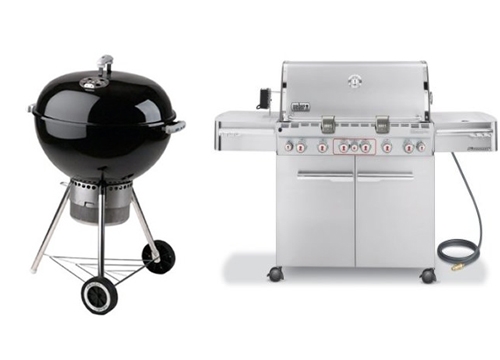
Benefits of Gas and Charcoal Grills
Gas
Gas grills offer several advantages and disadvantages that are important to consider for anyone looking to purchase one. Here is a comprehensive overview:
Advantages of a Gas Grill
- Quick Ignition: Gas grills typically ignite quickly and easily with the push of a button, often using an electronic or piezo ignition system.
- Temperature Control: They offer precise temperature control with adjustable knobs, allowing for more consistent and predictable cooking results.
- Less Mess: Gas grills produce less ash and soot than charcoal grills, making them easier to clean and maintain.
- Fast Heating: Gas grills heat up quickly, allowing you to start cooking within minutes.
- Even Heating: They generally provide more even heat distribution across the grilling surface, reducing the risk of hot spots.
- Multiple Burners: Many gas grills come with multiple burners, enabling different cooking zones for simultaneous grilling of various foods at different temperatures.
- Additional Features: Gas grills often include side burners, rotisseries, and warming racks, enhancing their versatility.
- Fuel Efficiency: Propane or natural gas can be more cost-effective in the long run than continually buying charcoal.
- Availability: Gas is readily available and easy to store, with options for propane tanks and natural gas connections.
Disadvantages of a Gas Grill
- Less Smoky Flavor: Gas grills generally do not provide the same smoky flavor as charcoal grills, which can disadvantage those who prefer a traditional barbecue taste.
- Higher Initial Investment: Gas grills tend to be more expensive than charcoal grills, although they may save money in fuel costs over time.
- Gas Leaks: Gas leaks can be dangerous if not properly monitored and maintained.
- Flare-Ups: While less common than charcoal, flare-ups can still occur and must be managed.
- Weight and Size: Gas grills are often heavier and bulkier than their charcoal counterparts, making them less portable and harder to move around.
- Fuel Supply: Propane tanks add weight and require refilling, while natural gas grills are tethered to a gas line, limiting mobility.
- More Complex: Gas grills have more parts and components that can break down or require maintenance, such as burners, ignition systems, and gas lines.
- Cleaning: While there is less ash to deal with, gas grills still need regular cleaning of the burners, grates, and drip trays.
Charcoal
Charcoal grills offer a different set of advantages and disadvantages compared to gas grills. Here’s a detailed overview:
Advantages of a Charcoal Grill
- Smoky Taste: Charcoal grills provide a distinctive smoky flavor that many grilling enthusiasts prefer. The smoke from the charcoal and the dripping fat that vaporizes create a unique, rich taste.
- High Heat: Charcoal can reach higher temperatures than gas, ideal for searing meats and achieving a crispy, caramelized crust.
- Fuel Flexibility: You can use different types of charcoal (lump charcoal, briquettes) and even add wood chips to introduce various flavors.
- Varied Cooking Techniques: When configured properly, charcoal grills are excellent for direct and indirect cooking, smoking, and even baking.
- Cost-Effectiveness (Initial Cost)
- Lower Initial Cost: Charcoal grills are generally less expensive to purchase than gas grills, making them an attractive option for budget-conscious buyers.
- Lightweight and Compact: Many charcoal grills are lightweight and more compact, making them easier to transport for camping, tailgating, or picnics.
Disadvantages of a Charcoal Grill
- Longer Start-Up Time: Lighting and heating up a charcoal grill takes more time and effort than a gas grill’s quick ignition. Getting the coals ready for cooking can take 15-30 minutes.
- Temperature Control: Managing the temperature is more challenging and requires practice, as it involves adjusting the air vents and arranging the coals.
- Ash Disposal: Charcoal grills produce ash that needs to be cleaned out after each use, which can be messy and time-consuming.
- Frequent Cleaning: The grates and interior need more frequent cleaning due to ash and charcoal residue buildup.
- Ongoing Fuel Costs: Although the initial cost is lower, buying charcoal can be more expensive over time than gas.
- Fuel Storage: Storing charcoal can be less convenient and bulky than propane tanks or natural gas connections.
- Fire Hazard: Charcoal grills pose a higher fire risk due to open flames and hot coals. They must be used cautiously, especially in windy conditions or dry areas.
- Carbon Monoxide: Burning charcoal produces carbon monoxide, so these grills should only be used in well-ventilated areas outdoors.
Conclusion
Charcoal grills are favored by those who prioritize flavor and enjoy the hands-on aspect of grilling. They offer a distinctive smoky taste and high-heat cooking capabilities. However, they require more time, effort, and practice to use effectively. Cleaning and maintenance are more demanding, and while the initial purchase cost is lower, the ongoing expense of charcoal can add up. Safety precautions are essential due to the fire risk and carbon monoxide production.

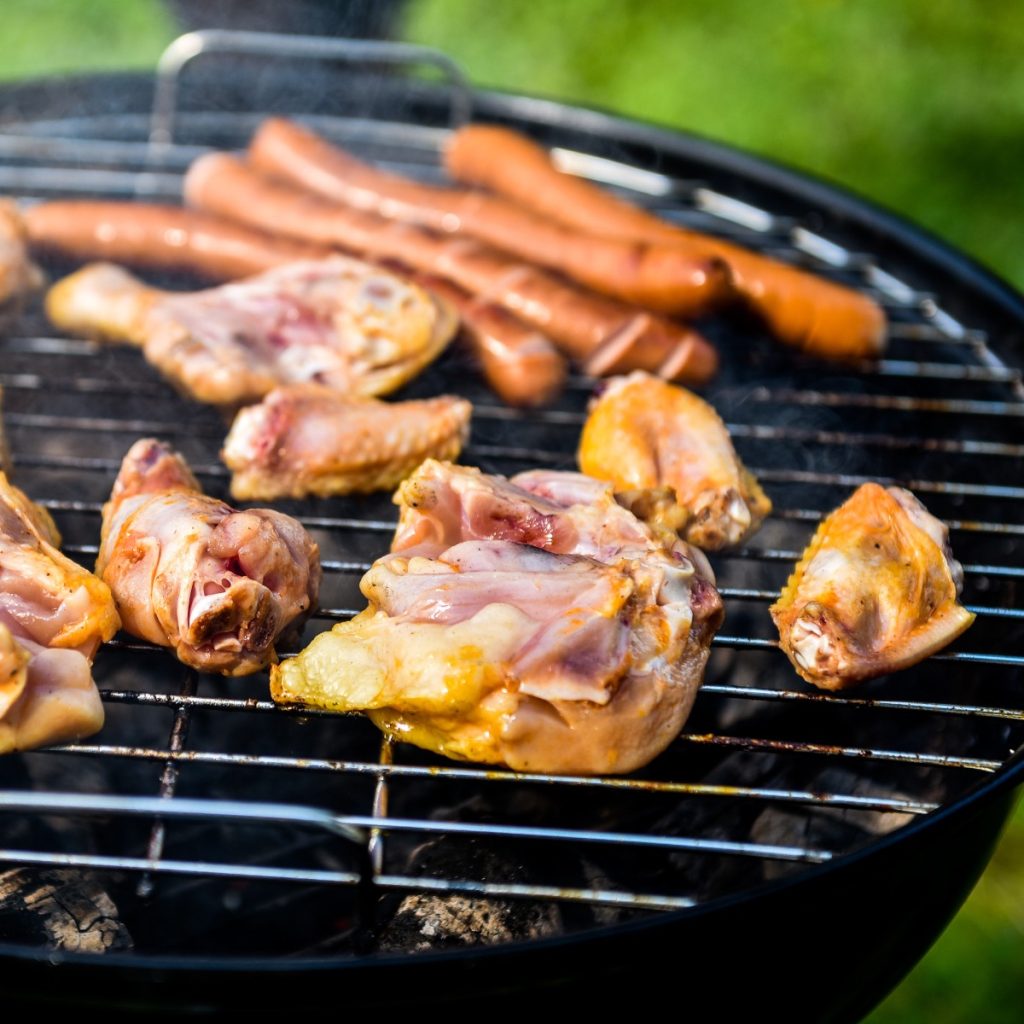
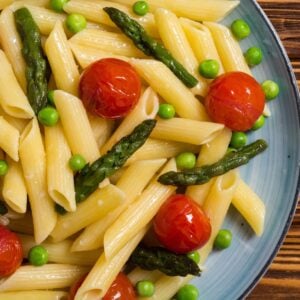
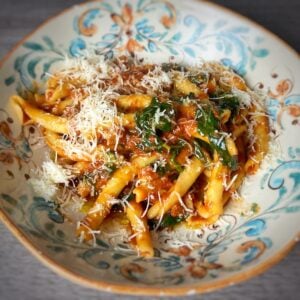


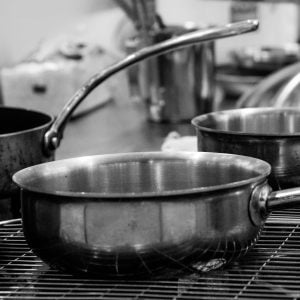
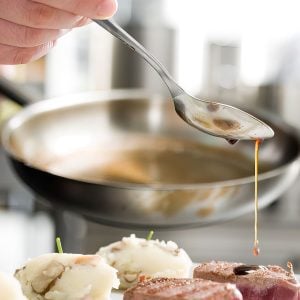
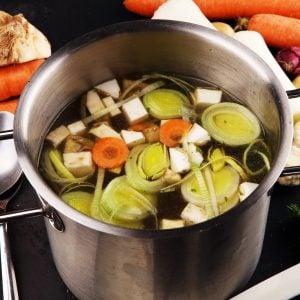


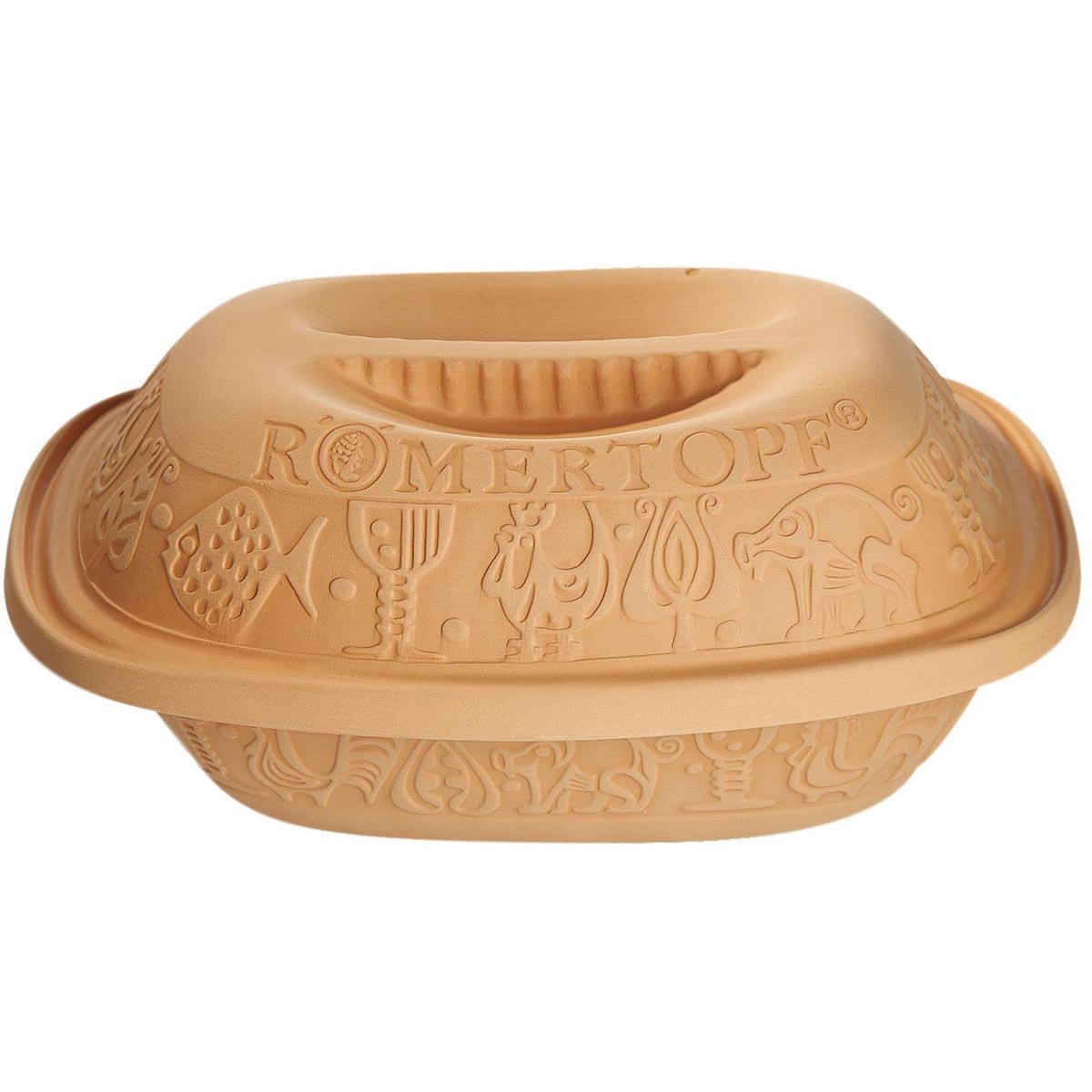
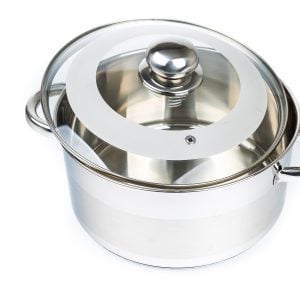
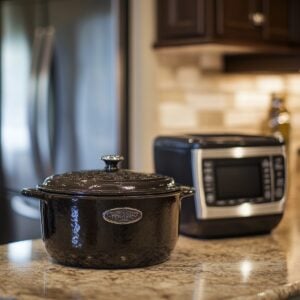


8 Responses
I’m definitely spot-on for gas grills! Charcoal grill masters might argue for having a smokier taste, but it’s undeniable that using gas grills also achieve that taste, especially now more tools are being produced like the Flavor bars. Also, the great convenience you can get from cooking with gas grills are just awesome and definitely fits in our lifestyle today. Time is of the essence and if we can maximize both value for time and great taste is just simply awesome!
This is so true, and what I like more about gas grill is that you have better option for grilling and produce lesser toxic emissions especially if you’re using a natural gas grill. This way, we can also grill and still be good for our environment as compared when we use charcoals as fuel.
i likes charcoal grills more because the food it cooks is more scrumptious then gas grills,it gives natural flavor and aroma which makes food worth eating.
This is so true, couldn’t agree more with you! But the thing is gas is just so much easier for the every day person using it. Charcoal gives such a good depth in flavor, but also can lead to horrible results if not done right.
Your blog is very interactive and knowledgeable. I like it so much. I think I need to subscribe it and make the most use of it by reading it regularly and keeping myself updated.
I love both but I am using gas grill. I like outdoor BBQ party, gas grills size small than a charcoal grill. and it easy to use. thanks for your suggestion.
Both got their pros and cons. But I love gas grills because they are easy to use.
Both are good for me. Always try to both and work good.